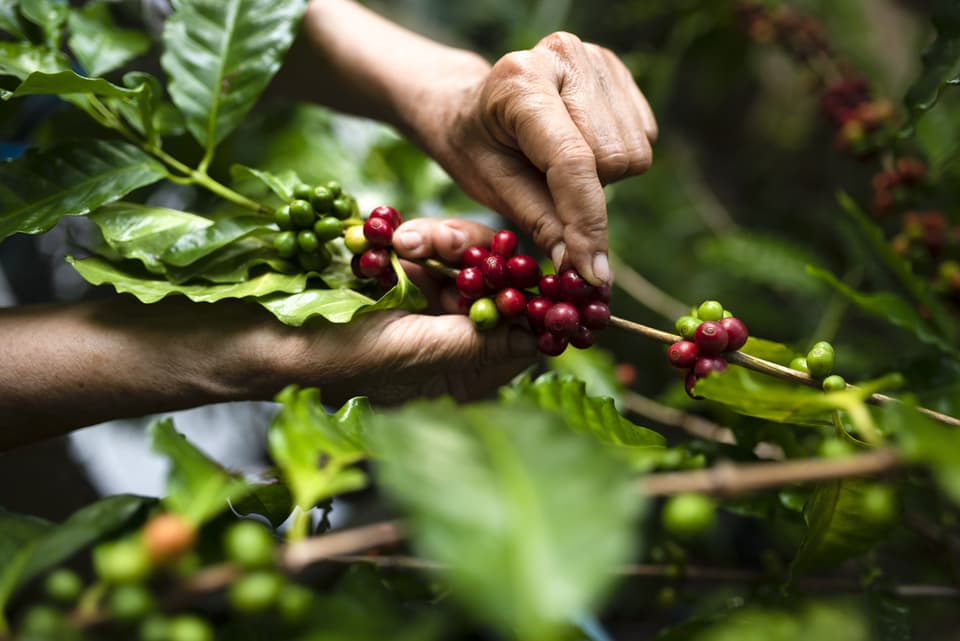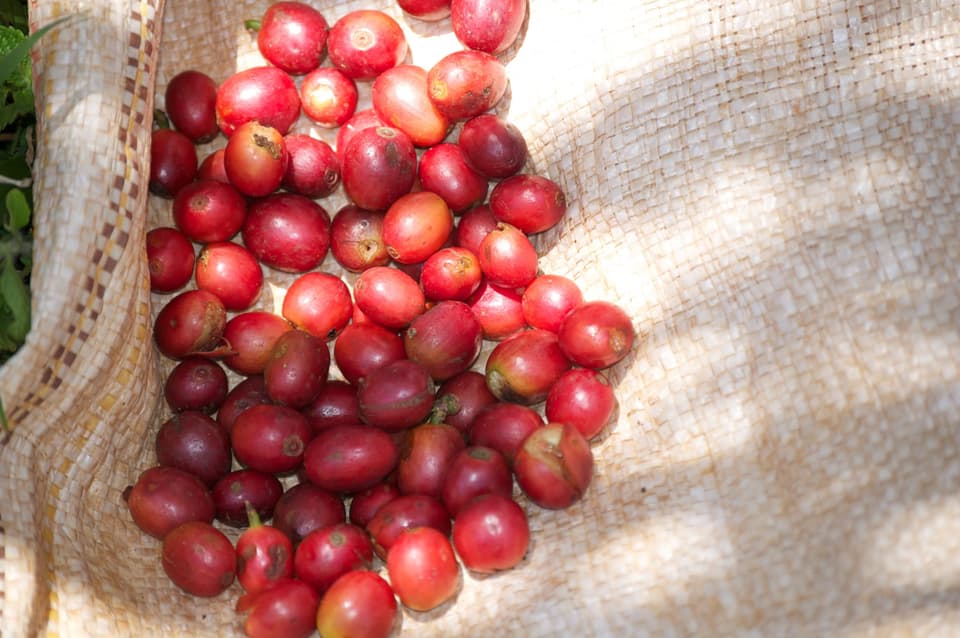While Ghana is best known for cocoa, robusta coffee is an important opportunity crop for diversification and rural income generation. Production is small-scale and concentrated in forested zones, supporting about 8,000 producer families.1 The Ghana Cocoa Board (COCOBOD) has extended some of its farmer support activities and expertise to coffee, supporting replanting and farmer training.2 Coffee production in Ghana has fluctuated over the past four decades, reflecting challenges such as limited inputs, financing, and extension services. However, experience has shown that when national investment is directed toward the sector, production responds strongly.1 This underscores the significant opportunity for Ghana to unlock growth in coffee alongside its established agricultural strengths. The Cocoa Research Institute of Ghana (CRIG), a subsidiary of COCOBOD, supports national agricultural priorities with research activities.
1. ICO Coffee Country Profile: Ghana, 2018
2. Coffee, COCOBOD, 2023







